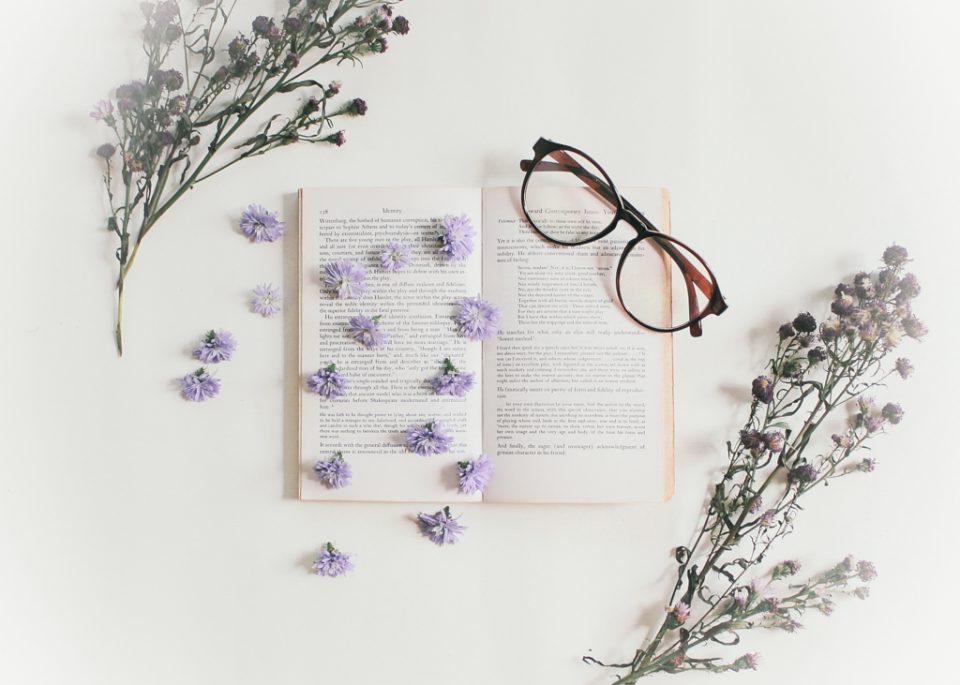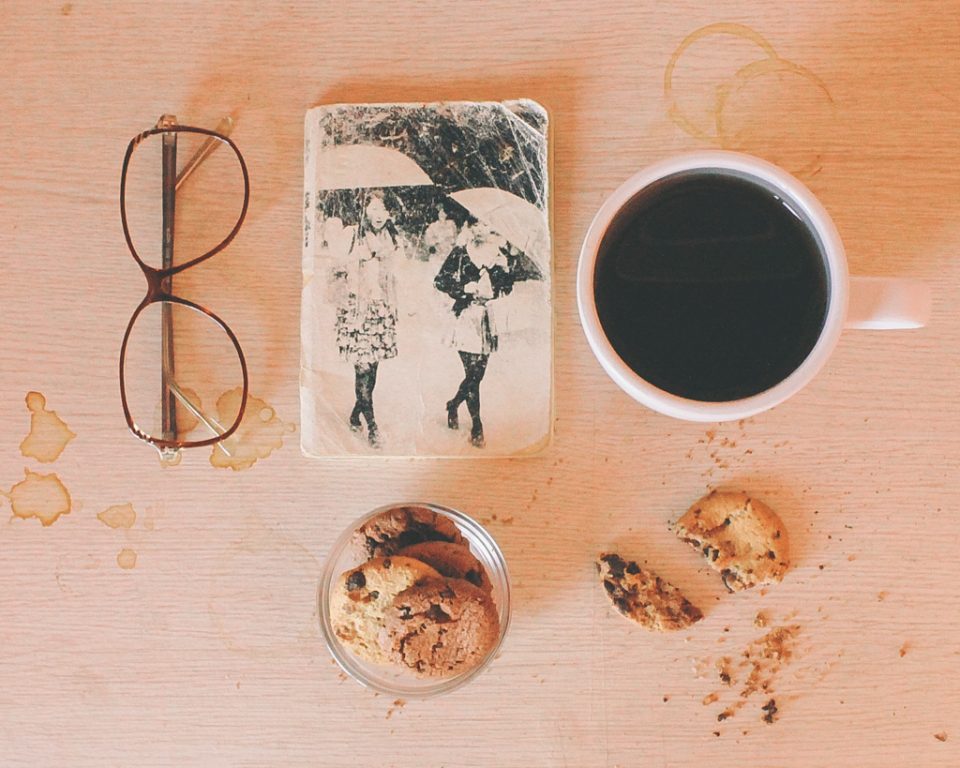Actually, guilt may not even be the correct word for it. Guilt seems to imply that there is something wrong to be admitted, but for this particular situation, I don’t think that there is. I just haven’t found the exact term, and guilt feels to be the closest to what I’m currently feeling despite missing a certain justification.
There is this specific pattern that being in isolation had brought me to, which I’ve noticed more over the years. It began when I was still living in Edmonton, where oftentimes, especially during winter when everyone couldn’t be bothered to go outside and be in a -20°C weather, I would spend so much time alone that it forced me to only interact with and process my train of thoughts. As much as the loneliness felt miserable, funnily enough, there was also a good outcome that is being able to understand myself and my surroundings better despite the unpleasant process.
During the pandemic, even though I’m not quite literally alone since I’ve been back in my parents’ house to live with my family, being distanced from my partner, friends, or colleagues who were the people I’ve drawn closer to in my adult years, has somehow also brought the pattern back. I was never the kind of person who needs to regularly talk to or text other people as most of the time I can enjoy my time alone, and with the added fact that we’re not obliged to interact every day, the habit of overanalyzing things finds its way back to me. As a result, I have also added a category in this blog called the Pandemic Pondering to document my contemplations.
And while it seems that I’ve been experiencing explosions of ideas to write about recently, it seems to be more of a collection of sighs and whines instead of some fruitful revelations – although I would also argue that some of it does contain quite a bit of enlightenment in my self-discovery journey. I’ve been treating this blog as my primary source of therapy, and I do appreciate that some people sometimes swing by to remind me that I’m not alone. Nevertheless, I would still joke to myself that I should probably edit the tagline of this blog from “words, whimsies, wanderlogue, and whatnot” to also adding “whines” in front of it. (Well, shall I?)
Read More


